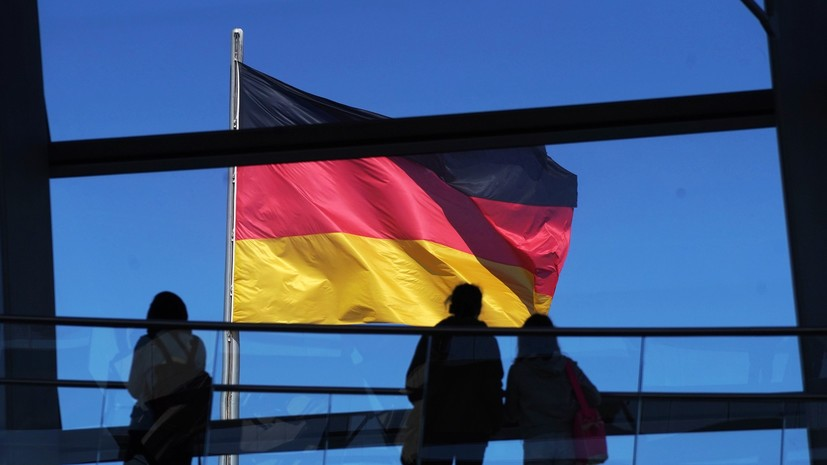“The federal government rejects any militarization of the Arctic,” says a document prepared by the German Foreign Ministry.
As noted, central to the development of the Berlin region is climate protection.
The authors of the strategy recall that since the 1980s, the volume of Arctic ice has been reduced by 50%, and the consequences of this process are “dramatic”.
“They range from changes in food chains in the animal kingdom to ice-free sea lanes and the race to become accessible minerals in the Arctic,” the document says.
At the same time, the German government does not fundamentally reject the extraction of raw materials in the Arctic, but calls for "environmentally acceptable development" of deposits in the Arctic region.
As German Foreign Minister Heiko Maas wrote on Twitter, Berlin is striving "not for competition in the Arctic, but for international cooperation to protect these unique territories."
Die Arktis gewinnt ökologisch, wirtschaftlich und geopolitisch an Bedeutung. Mit den Leitlinien deutscher Arktispolitik übernehmen wir mehr Verantwortung: Wir wollen keinen Wettbewerb um die Arktis, sondern internationale Zusammenarbeit, um diesen einzigartigen Raum zu schützen. pic.twitter.com/jFgaB0kcwB
- Heiko Maas 🇪🇺 (@HeikoMaas) August 21, 2019Earlier, US Presidential Adviser on National Security John Bolton called for “challenging” Russia's military influence in the Arctic, and the State Department said the US was concerned about China’s actions in the region.
As noted by Russian Foreign Minister Sergei Lavrov, Moscow in the Arctic does not "do anything but take the necessary measures to ensure the security of its country."
The Russian ministry also emphasized that the Arctic is a region of international cooperation despite attempts to raise the issue of its militarization.

